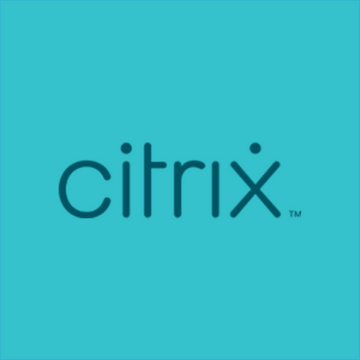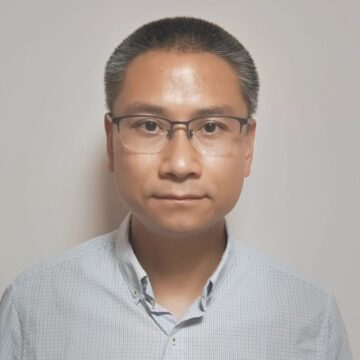Today’s blog post comes from Jacob Morgan, one of the world’s leading authorities on the future of work and employee experience.
Digital transformation is a concept that has been around for a few years now but with all the talk surrounding it, have you ever taken a step back to explore how your company is doing in this area? Is your company really transforming or is it going through more of a gradual and occasional upgrade? What kind of experience do your employees have when it comes to using the technologies you provide for them?
There are actually three things that employees care about most when it comes to technology, which you can see in the image below abbreviated as ACE below. Focusing on these three things will help make sure that your employees are getting the technology experience they need which will translate into the results you want.

There are actually three environments that shape the overall employee experience (culture, technology, and physical space), but here, we are purely going to look at technology.
Availability to everyone
Back in the day, there used to be this mentality of trying to pilot and test everything before rolling it out to the organization. Some of these pilots would take well over a year. But today with the rapid pace of change we are seeing, many organizations are quickly making things available to as many employees as possible, and this is a good thing.
There’s nothing more frustrating than being an employee at organization that has deployed cutting-edge technologies that only a small group of people can access. Making the technology available to everyone doesn’t have to mean that you automatically grant access to everyone from day 1. But it does mean that you should implement new technologies with an open-door policy, meaning if it starts with a particular group and other employees find out about it and want it, your job is to say “yes.”
Consumer-grade technology
The heavy emphasis on “enterprise-grade” has become synonymous with big, bulky, clunky, outdated, and cumbersome. Employees really want consumer-grade technologies, meaning they are so beautiful, useful, and valuable, that employees would consider using something similar in their personal lives if it existed.
This is why so many emerging technologies are modeling their design and experiences after popular tools we use in our personal lives, such as Linkedin, Facebook, Google, and Twitter.
Employee needs vs business requirements
Here to we have traditionally seen organizations focus on making technology decisions based on checklists that IT teams put together. Unfortunately, in many of these situations there is little emphasis placed on the needs that employees have and how they will actually go about using these technologies. This is a challenge but also a huge opportunity for IT and HR teams to come together to focus on the human and the technology component.
We need to remember that technology is no longer just an “IT thing.”
In fact, when organizations approach it in this way, technology absolutely becomes a human problem. Technology is the central nervous system of the organization that enables many of the concepts and ideas that we reference when we say “future of work.” Things like real-time recognition and feedback, flexible work, and communication and collaboration at scale. When technology inside of your organization breaks down, so do things like trust, collaboration, communication, and productivity.
Here are some questions to consider that will help move you in the right direction.
- Can your employees work productively without compromising security?
- What is your technology experience like? Does it offer the above three elements?
- Can employees pick the devices, apps, and services they use when working?
- Does your culture support digital transformation?
- Are your leaders using the same technologies you want the rest of the organization to use?
All of these questions and more were explored at Citrix Synergy 2018.
 Jacob Morgan is a trained futurist and one of the world’s leading authorities on the future of work and employee experience. He is the founder of The Future of Work University where he creates courses and classes to help people and organizations prepare for how the world of work is changing. Jacob also created “The Future If,” a global community of business leaders, authors and futurists who explore what our future can look like IF certain technologies, ideas, approaches and trends actually happen. The community looks at everything from AI and automation to leadership and management practices to augmented reality and virtual reality, the 4th industrial revolution and everything in between. His work has been endorsed by the CEOs of: Nestle, Best Buy, Cisco, SAP, KPMG, Schneider Electric, T-Mobile, Whirlpool, St. Jude Children’s Research Hospital, Zappos, Atari, and many others.
Jacob Morgan is a trained futurist and one of the world’s leading authorities on the future of work and employee experience. He is the founder of The Future of Work University where he creates courses and classes to help people and organizations prepare for how the world of work is changing. Jacob also created “The Future If,” a global community of business leaders, authors and futurists who explore what our future can look like IF certain technologies, ideas, approaches and trends actually happen. The community looks at everything from AI and automation to leadership and management practices to augmented reality and virtual reality, the 4th industrial revolution and everything in between. His work has been endorsed by the CEOs of: Nestle, Best Buy, Cisco, SAP, KPMG, Schneider Electric, T-Mobile, Whirlpool, St. Jude Children’s Research Hospital, Zappos, Atari, and many others.



